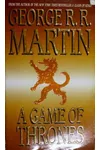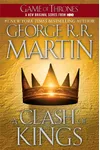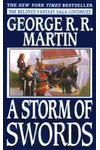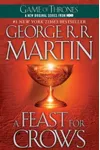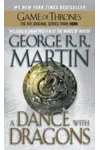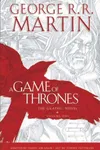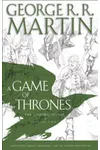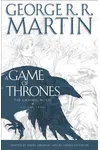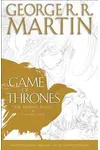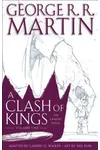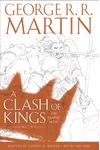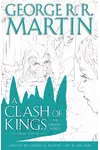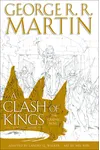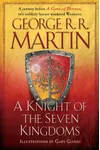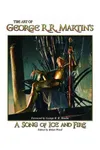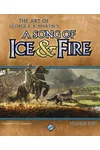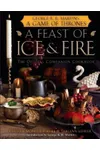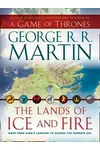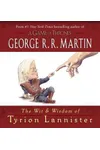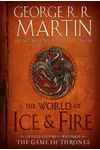Step into the thrilling world of Game of Thrones, where dragons soar, kings clash, and betrayal lurks in every shadow! George R.R. Martin’s epic fantasy series, *A Song of Ice and Fire*, transports readers to the gritty, enchanting lands of Westeros and Essos. With its sprawling cast of complex characters and unpredictable plot twists, this saga redefines fantasy, blending political intrigue with supernatural menace.
From noble houses vying for the Iron Throne to an ancient evil stirring beyond the Wall, Game of Thrones captivates with its raw exploration of power, loyalty, and survival. Whether you’re a seasoned fan or new to the series, this tale of swords, sorcery, and scheming promises an unforgettable ride.
How Game of Thrones Began
In the early 1990s, George R.R. Martin, a seasoned sci-fi and fantasy writer, sought to craft a story unbound by genre conventions. Inspired by historical events like the Wars of the Roses and his love for gritty, character-driven narratives, he began *A Game of Thrones*, published in 1996. Martin’s vision was ambitious: a sprawling epic that defied predictable heroism, embracing moral ambiguity and shocking plot twists.
His meticulous world-building and refusal to coddle readers set the series apart. Drawing from medieval history, mythology, and his imagination, Martin created a universe where no character was safe, sparking a devoted fanbase eager for more.
The Heart of Game of Thrones
The *A Song of Ice and Fire* series kicks off with *A Game of Thrones* (1996), introducing the Stark family and their entanglement in a deadly struggle for the Iron Throne. *A Clash of Kings* (1998) escalates the civil war, with new claimants emerging amid chaos. *A Storm of Swords* (2000), often hailed as the series’ peak, delivers gut-wrenching betrayals and epic battles. *A Feast for Crows* (2005) shifts focus to political maneuvering and quieter, character-driven arcs.
Set in the richly detailed continents of Westeros and Essos, the series weaves themes of power, betrayal, and redemption. Martin’s unflinching style—marked by vivid prose and shocking deaths—mirrors the harshness of his world, where winter looms and dragons stir. The looming threat of the White Walkers, supernatural beings from the North, adds a chilling layer, balancing human squabbles with existential dread.
Unlike traditional fantasy, Game of Thrones shuns clear heroes and villains. Characters like Tyrion Lannister, a witty outcast, and Daenerys Targaryen, a dragon-wielding exile, embody the series’ moral complexity, keeping readers hooked through their triumphs and flaws.
Why Game of Thrones Resonates
Game of Thrones redefined epic fantasy, inspiring countless authors to embrace darker, more realistic storytelling. Its cultural impact exploded with HBO’s adaptation, but the books’ intricate plotting and unforgettable characters remain the heart of its legacy. Fans cherish the series for its bold narrative risks and immersive world, sparking debates and theories that endure years after the show’s finale.
Despite delays in the series’ completion—Martin is still working on *The Winds of Winter*—its influence persists. Game of Thrones reminds us that great stories, like great kingdoms, are built on passion, peril, and a touch of magic.
- First Book Published: 1996 (*A Game of Thrones*)
- Total Books: 5 published, 2 planned
- Notable Award: Locus Award for Best Fantasy Novel (1997)
Dust off *A Game of Thrones* and plunge into Westeros’s epic saga of swords, dragons, and scheming lords. Your adventure awaits!
